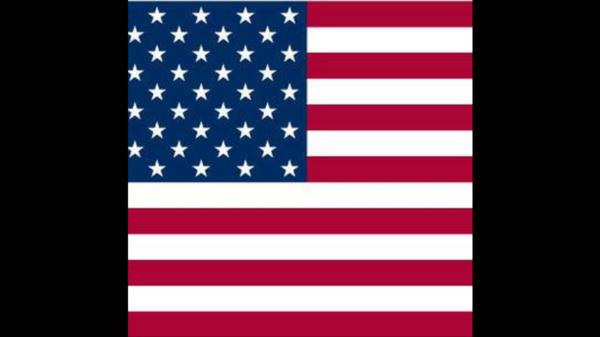By ReShonda Tate
When it comes to celebrating Thanksgiving, Black folks have a mixed reaction to partaking in a holiday to commemorate the colonial Pilgrims’ harvest meal they shared with Wampanoag Indians (especially since there are questions about whether the meal was originally intended to be shared). Some African Americans are choosing to skip the holiday altogether, while others have chosen to reframe the day as a time to spend with family and reflect on all the things they’re thankful for.
The Thanksgiving Myth
Americans were generally taught that the first Thanksgiving holiday was about a peaceful breaking of bread between the Pilgrims and the Native Americans in 1621. In reality, it was more like an unexpected meeting between New England colonists who were out hunting, and members of the Wampanoag tribe who showed up to investigate the ruckus. A shared feast followed over the next few days, and a treaty was sealed between the two groups. What’s often left out of the story, however, is that for the next 50 years, the alliance was tested by colonial land expansion, the spread of disease, and the exploitation of the Wampanoag tribe’s resources. When the treaty ended with King Phillips’ war in 1675, hundreds of colonists and thousands of Native Americans were killed.
Blacks and Thanksgiving
At about the same time, the Native Americans were being massacred by the colonists, Africans were being captured and brought to America. President Abraham Lincoln established the Thanksgiving holiday in 1863, right after he approved the Emancipation Proclamation. Thanksgiving used to be a time when enslaved individuals would frequently attempt to escape because it was the end of the crop season. It also offered slaves respite from their grueling work. In some instances, family members who had been separated could go visit each other on neighboring plantations.
Now, Thanksgiving can still provide relief from day-to-day oppression to Black and marginalized people. It’s often the one time a year that family can reunite with those who are far away. It can be a place of safety from the often hostile interactions with the white world and a break from cultural acceptability performance. Thanksgiving celebrations fortify the bonds of communion sorely needed among humans, especially in marginalized communities.
We asked readers their thoughts on celebrating Thanksgiving.
“The Pilgrims have never been a part of the ritual that I became accustomed to. I didn’t actually know that there was a Pilgrim connection to the specific holiday until I was much older in school and then I realized, ‘Oh, that Thanksgiving is the same Thanksgiving that my family used as an opportunity to thank God for all that we had, and pray to God for all the things that will come and to be thankful for all those things.’ So, in my house-hold, even now it has nothing to do with the Pilgrims,” said Eric Jamal.
My family has never, ever, ever celebrated Thanksgiving in any way other than a time to gather and give thanks to the Lord. It doesn’t have anything to do with the colonizers and their ultimate genocide.”
-GINA TORRES
Most say they do not think about the history of Thanksgiving while celebrating. “I reframe it to make it my own,” said Cynthia Nelson. “I know it was the start of genocide, but now it’s the time of the year that families get together.”
“It’s always been about family and food. I think we’ve always KNOWN and just tolerated school rituals, performances, etc. My twins were in daycare when we did the last ‘First Thanksgiving’ performance, but we always told them the truth,” added Nicole Bird-Faulkner.
“My family has never, ever, ever celebrated Thanksgiving in any way other than a time to gather and give thanks to the Lord. It doesn’t have anything to do with the colonizers and their ultimate genocide,” said Gina Torres.
“It’s my favorite holiday of the year. We combine three families together and we eat, play bingo (my cousin gives out the best cheap prizes we often fight for) and we also play cards. Just our time to be together to laugh, talk trash and be thankful for being together,” said Leslie Harden.
While the day has since evolved in many ways for the Black community, many still use it as a day to give thanks and be grateful for family and loved ones.
ReShonda Tate is a award-winning journalist and best-selling author, actress, and editor of the Houston Defender.

You must be logged in to post a comment Login